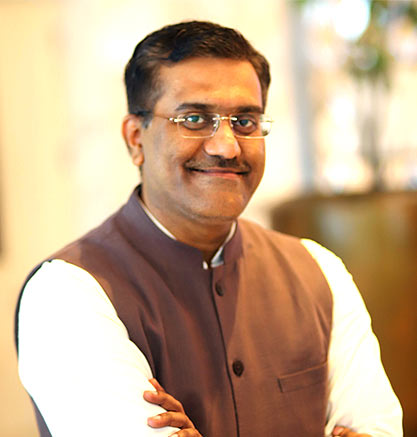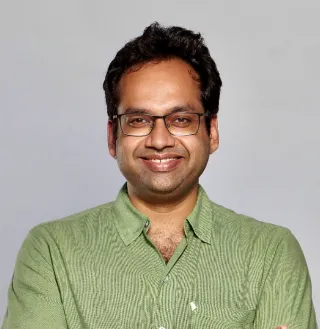-
CENTRES
Progammes & Centres
Location
 PDF Download
PDF Download 
Amoha Basrur, Sameer Patil and Sahil Deo, India as a Digital Powerhouse: An Assessment of Young India’s Aspirations, January 2025, Observer Research Foundation.
The Young India and Tech Survey is grounded in the concept of what is called the ‘digital trilemma’ between individual privacy, national security, and economic development. Young India’s priorities have been made clear.
The 2024 survey reveals that the youth are prioritising economic development and national security over individual privacy. On one hand, the success of DPIs like UPI and the predatory behaviour of Big Tech has driven home the need for transparency and regulation. On the other hand, continued wariness of Chinese technology and interests play a role in shaping security perceptions. This pushback against foreign tech platforms and Chinese security threats have led to a willingness to compromise individual privacy for the good of national security.
India’s rapid digital transformation is characterised by innovative public infrastructure and inclusive technology initiatives. Domestically, Young India has called for greater transparency, regulation, and accountability from the government but is also deeply aware of the challenges that the country faces as it continues to establish itself in the global digital economy.
Over the last decade, India has been positioning itself to become a global powerhouse in electronics and information technology (IT). India has been at the forefront of innovation of digital public goods such as the India Stack, the National Digital Health Mission, and the National Data and Analytics Platform. The country also has ambitious goals for its electronics sector and aims to achieve manufacturing worth US$300 billion by 2026.[1] As India emerges as the world’s most populous nation, this revolution is being led by its sizeable young population. However, Young India’s relationship with technology is also fraught with auxiliary considerations, namely, individual privacy, national security, and economic development. These considerations form a Penrose triangle, or the digital trilemma, of which only two conditions may be satisfied at any given point. The furthering of any two of the policy objectives will necessarily come at the cost of the third. This trilemma underpinned the analysis in the 2022 edition of the Young India and Tech Survey and will be expanded upon in the present edition. This iteration attempts to create a trend analysis as a continuation of the previous edition and understand the trilemma in greater depth.
In this report, the authors explore how India’s youth perceive the role of technology in their own lives as well as in the future trajectory of their nation. The analysis uses data collected from a primary survey that investigates the youth’s opinions on matters relating to individual privacy, national sovereignty and security, and economic development, and the interaction of these parameters with each other. It also measures the relative importance given to each of the three considerations of the digital trilemma to identify policy pathways that align with this generation’s priorities.
Read the monograph here.
[1] Ministry of Electronics & IT, Government of India, https://pib.gov.in/PressReleasePage.aspx?PRID=1792189
The views expressed above belong to the author(s). ORF research and analyses now available on Telegram! Click here to access our curated content — blogs, longforms and interviews.

Amoha Basrur is a Junior Fellow at ORF’s Centre for Security Strategy and Technology. Her research focuses on the national security implications of technology, specifically on ...
Read More +
Dr Sameer Patil is Director, Centre for Security, Strategy and Technology at the Observer Research Foundation. His work focuses on the intersection of technology and national ...
Read More +
Non-resident fellow at ORF. Sahil Deo is also the co-founder of CPC Analytics, a policy consultancy firm in Pune and Berlin. His key areas of interest ...
Read More +